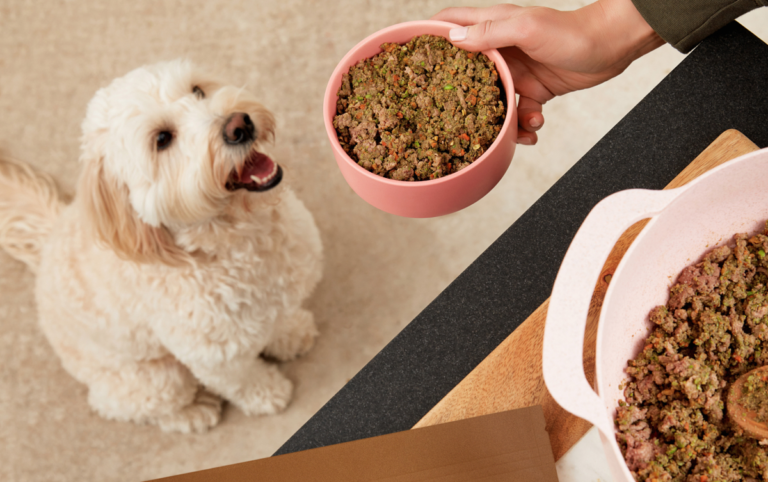How to Stop Dogs from Eating Everything: A Comprehensive Guide for Pet Owners
We love our furry companions, but one common issue that can be both frustrating and dangerous is when dogs seem to eat everything in sight. From your favorite pair of shoes to that tempting sock, or even items that can be toxic, like certain plants and chemicals, it’s essential to keep your dog’s voracious appetite in check.
Understanding the Behavior
First and foremost, it’s crucial to understand why dogs engage in this behavior. Dogs explore their world with their mouths, just as human babies do with their hands. It’s a natural instinct to learn about their environment. However, some dogs take this curiosity to the extreme, which can lead to dangerous situations.
Puppy-Proof Your Home
If you have a puppy or a new addition to your household, puppy-proofing your home is a crucial step. Just as you would childproof for a human baby, ensure that any hazardous items or tempting objects are safely stored out of your dog’s reach. Consider using baby gates to restrict access to certain areas.
Provide Ample Toys
When it comes to how to stop dogs from eating everything, or to deter your dog from chewing on inappropriate items, provide a variety of safe and appealing toys. Chew toys, puzzle feeders, and interactive toys can keep your dog engaged and mentally stimulated. Rotate their toys regularly to keep their interest.
Obedience Training
Training your dog in basic obedience commands like “leave it” and “drop it” is essential. These commands can be lifesavers when your dog is about to ingest something dangerous. Use positive reinforcement techniques, like treats and praise, to reward good behavior.
Supervision
Keeping a close eye on your dog is one of the most effective ways to prevent them from eating inappropriate objects. When you can’t supervise your dog, consider using a crate or confining them to a dog-proofed room.
Maintain a Consistent Feeding Schedule
Establish a regular feeding schedule for your dog. Dogs with consistent mealtimes are less likely to seek out alternative food sources. Consult your veterinarian for advice on the appropriate feeding schedule for your dog’s age and breed.
Healthy Diet
Ensure your dog is receiving a balanced and nutritious diet. Sometimes, dogs may eat inappropriate items because they’re lacking essential nutrients. Discuss your dog’s diet with your veterinarian to ensure they get the right nutrients.
Exercise and Mental Stimulation
A tired dog is less likely to engage in destructive behavior. Regular exercise and mental stimulation through playtime, walks, and interactive games can help curb their excessive chewing and eating habits.
Distract and Redirect
When you catch your dog in the act of eating something they shouldn’t, distract them with a loud noise or a clap of your hands. Once you have their attention, redirect them to an appropriate toy or activity.
Seek Professional Help
If your dog’s behavior continues to be a concern despite your best efforts, it may be time to consult with a professional dog trainer or a veterinarian. Underlying behavioral issues or medical conditions could be contributing to their behavior.
Preventing dogs from eating everything they encounter is a challenging but necessary task for pet owners. By understanding their natural instincts, puppy-proofing your home, providing proper training, and maintaining a consistent routine, you can help keep your furry friend safe and content.



